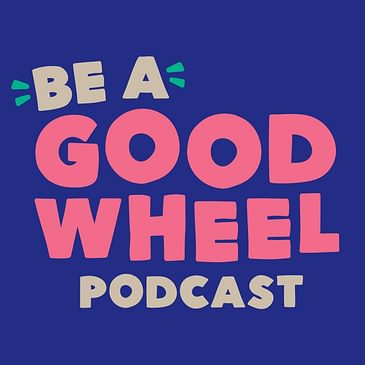Amber speaks with NCAA, US, World, Olympic Champion, television host, and mother of two, Summer Sanders Schlopy. In this conversation, they discuss Summer’s Olympic experience, her formula for performing under pressure, why she felt relief when she won Gold, the key to parenting kids in sport (according to Summer and her husband, former World Cup and Olympic alpine ski racer Eric Schlopy), what drives meaningful motivation, the secret to effective feedback, how Summer approaches fitness with age, the cornerstone of good leadership, how the transformation of sports media impacts athletes, Summer’s love for the Buffalo Bills, and much more.
Don’t miss an episode! Listen, subscribe, and leave us a 5-star review!
Got questions or feedback for the show? Let us hear it: https://bit.ly/beagoodwheelpod
Get the latest news, exclusive content, and more by signing up for our newsletter: https://bit.ly/beagoodwheelnews
Support the show:
- Subscribe on Ko-fi to get bonus episodes, merch, and more: https://ko-fi.com/beagoodwheel
- Become a Patron to get bonus episodes, merch, and more:: https://www.patreon.com/BeAGoodWheel
- Get official gear: https://beagoodwheel.shop/
Follow us:
- Join our community: https://beagoodwheel.com/community
- Follow us on Instagram: https://www.instagram.com/beagoodwheel/


